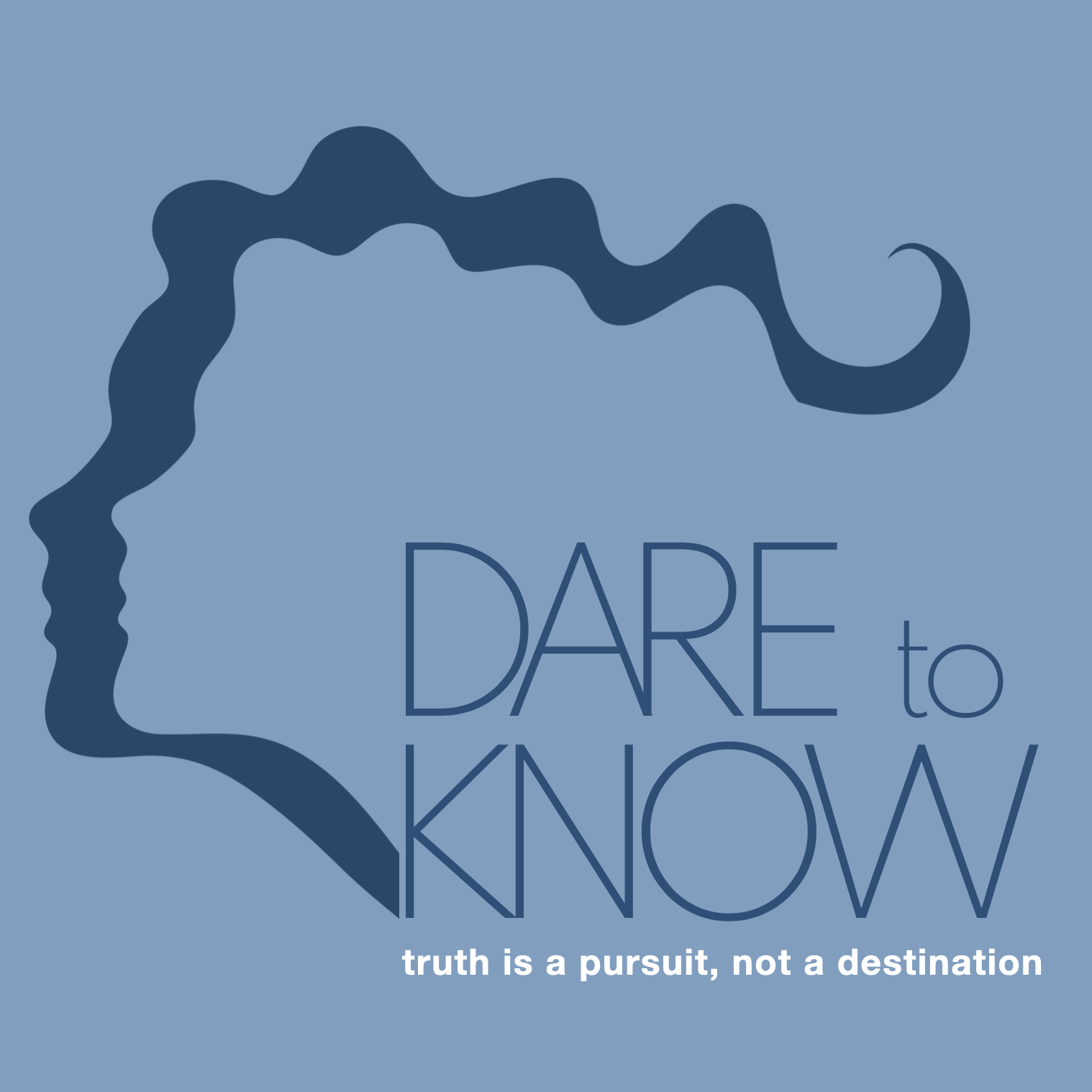Podcast: Play in new window | Download
Subscribe: Apple Podcasts | RSS
Since leaving evangelicalism, I have been pondering some serious creative blocks, which has become a huge topic for me in my particular theology program. Last year I started asking around and realized I am not alone. Many people who have come out of fundamentalist/evangelical trauma struggle with what to do with their creative side, with many describing a kind of artistic brokenness.
Within the Christian bubbles, so many of us were not trained to listen well or look very deeply at the underside off life, which affected our ability to go very deep into our artistic endeavors.
In this episode, my guests and I talk about what happens to the creative/artistic impulse in white, fundamentalist spaces, and how we might do better at sitting with suffering. Our conversation hits on a number of topics including:
- Artistic brokenness (6:10)
- The church’s tendency to dismiss emotions makes it hard to be an artist (9:00)
- “The creative act requires that the creator is operating out of an authentic self with reference to inner states of being – inner thoughts, feelings, intuition, as opposed to conforming to external models of thought and behavior.” Gelberg (11:30)
- Art as a prophetic voice of what really is (17:00)
- Christian art as empty expression that isn’t driven by anything of substance (19:45)
- We are trained to use our artistic ability to uphold the status quo and not look at the hard things of life. We are not trained to understand or sit with melancholy (21:42)
- The role of melancholy: “A climate of melancholy is necessary in the work of deepening the imagination and creating the condition in which it is possible for our soul to be blessed.” Byrne (22: 56)
- The artist as therapist (31:30)
- Art as action as a companion to witness (38:00)
About my Guests
All of my guest are students at The Seattle School of Theology & Psychology
- Alex Grodkiewicz pursuing a Master’s in Theology & Culture
- Carson Taylor pursuing a Master’s in Theology & Culture
Resources mentioned in the show
- Spirit and Trauma: A Theology of Remaining, by Shelly Rambo
- The Artist’s Way, Julia Cameron
- Trauma and Recovery: The Aftermath of Violence by Judith Herman
- Gelberg, Steven. “Art and Authority: Foreclosing Creativity in Cultic Groups.” Cultic Studies Review, 9(1), 2010, 232-249.
- Wehle, Dana. “Just Joking: Psychoanalytic Treatment of the Suppression of Creativity in Cults.” in Cultic Studies Review, Vol. 9, No. 1, (2010).
- Cameron, The Artist Way.
- Byrne, Libby. “Living Close to the Wound.” in Tikkun Olam -To Mend the World: A Confluence of Theology and the Arts, Jason Goroncy, ed. Eugene: Pickwick Publications, 2014.
- Levine, Steven K. “The Artist as Therapist.” in Poesis: The Language of Psychology and the Speech of the Soul.

